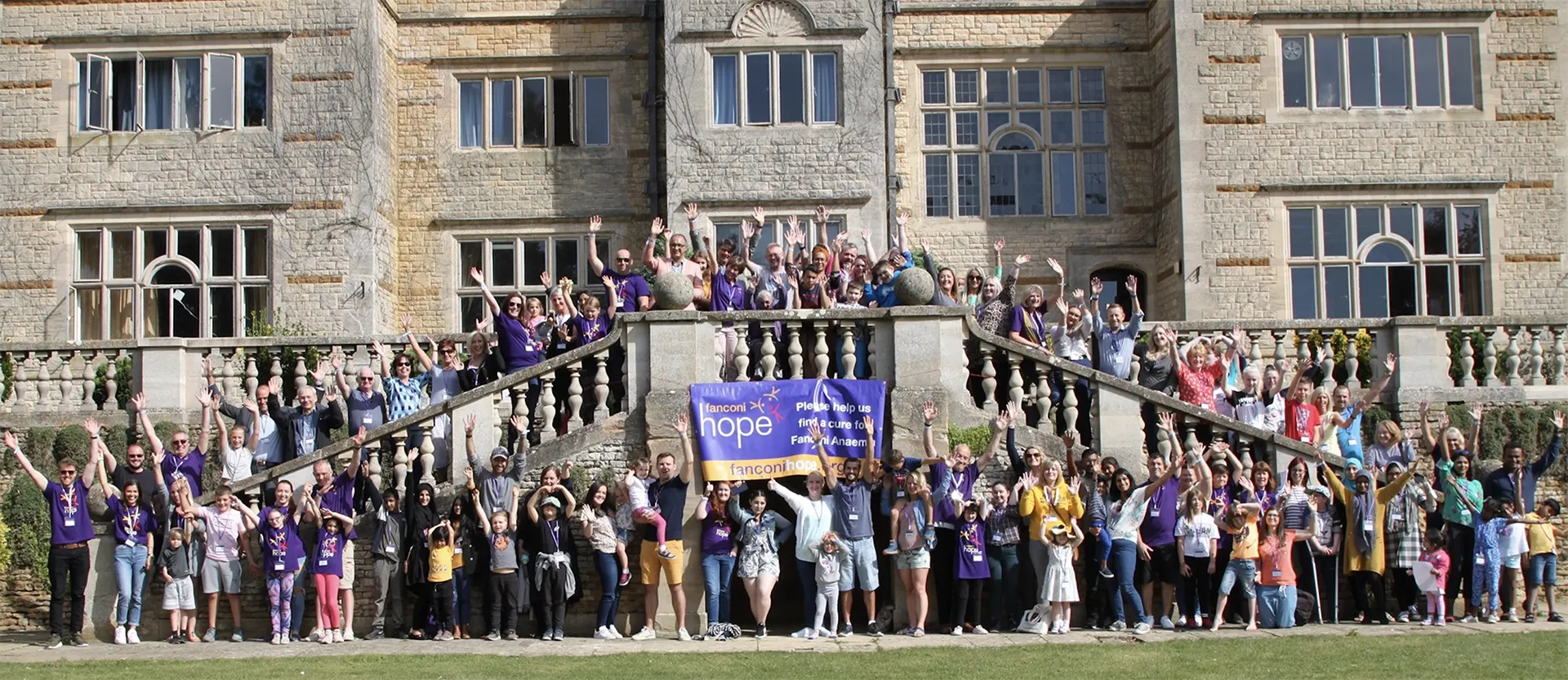Fanconi Anaemia South Africa (FANCSA)
Fanconi Anaemia South Africa (FANCSA) is using its grant to build a stronger foundation for national FA support through a phased approach focused on establishing services, improving access to information, and increasing awareness. Early project activities include registering FANCSA as a formal nonprofit organization and expanding communication tools that connect individuals and families affected by FA to reliable guidance and resources. The team will also develop and translate educational materials in multiple South African languages and strengthen outreach to medical professionals to support earlier diagnosis and more coordinated care. Through these efforts, FANCSA aims to reduce isolation for families and create a sustainable support network across South Africa.


